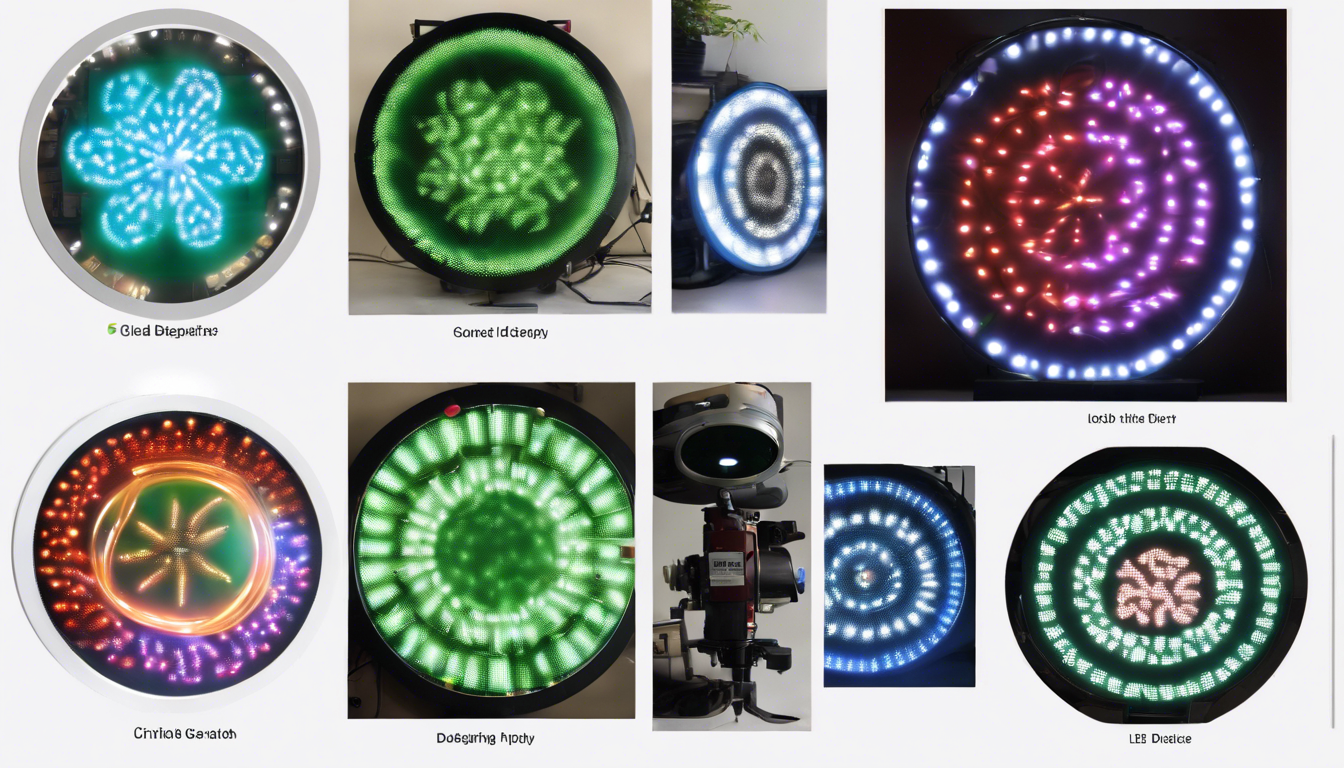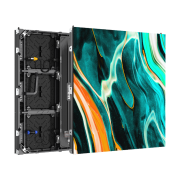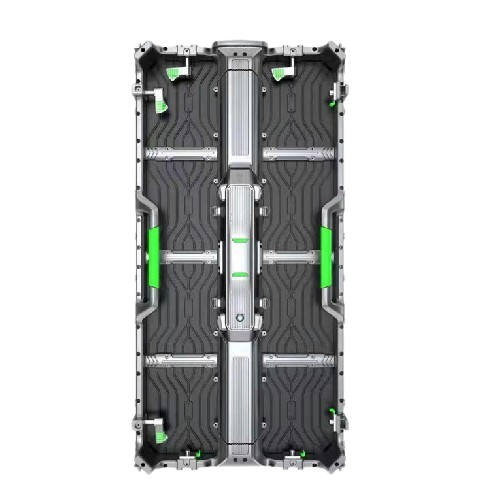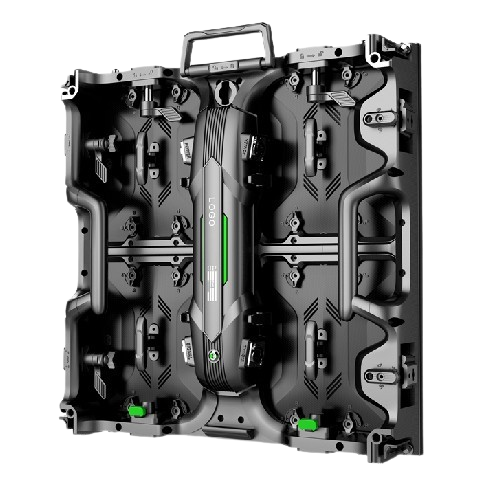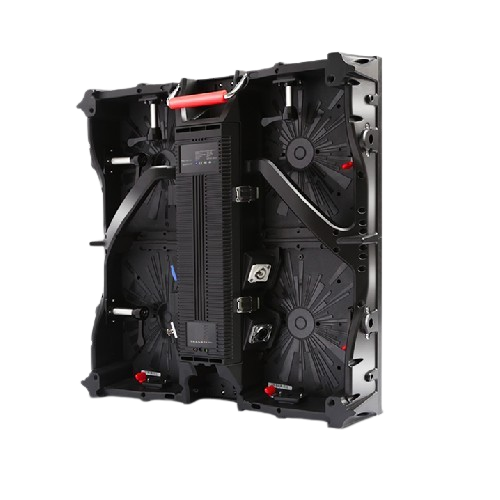Mastering LED Circle Display Manufacture: An In-Depth Guide
Introduction to LED Circle Displays
LED Circle Displays are revolutionizing the world of digital signage, advertising, and entertainment. Their unique circular design provides a dynamic, 360-degree viewing experience that traditional rectangular displays can’t match. In this article, we’ll delve deeply into the process of LED Circle Display Manufacture, exploring everything you need to know about this innovative technology.
What is an LED Circle Display?
An LED Circle Display is a type of screen that forms a perfect circle, offering uninterrupted, edge-to-edge visuals. They are most commonly used in:
- Public advertising
- Retail stores
- Sports arenas
- Concert stages
- Trade shows
The Importance of LED Circle Display Manufacture
Manufacturing LED Circle Displays involves several complex steps and cutting-edge technologies. Understanding these processes helps in both appreciating and selecting the right product.
The Basics of LED Technology
To fully grasp the intricacies of LED Circle Display Manufacture, it’s essential to understand the fundamentals of LED technology.
What are LEDs?
LEDs, or Light Emitting Diodes, are semiconductor devices that emit light when an electric current passes through them. They are known for:
- Energy efficiency
- Long lifespan
- Low heat emission
How Do LEDs Work?
LEDs produce light through electroluminescence. When electric current flows through the semiconductor material, it releases photons, which we see as light. This process is crucial in creating the vibrant displays we’re accustomed to.
Key Components of an LED Circle Display
Understanding the main components involved in LED Circle Display Manufacture will offer better insight into its complexity.
LED Modules
LED Modules are the building blocks of any LED display. They consist of thousands of tiny LEDs arranged in a specific configuration to produce the desired image.
Driver ICs
Driver Integrated Circuits control the current flowing through each LED to ensure consistent brightness and color accuracy.
Control System
These systems manage the input signal, converting it into a form that can be displayed by the LEDs.
Power Supply
The power supply ensures that the LED modules and control systems receive the necessary power to operate efficiently.
The Manufacturing Process
The process of LED Circle Display Manufacture can be broken down into several key stages:
Design and Planning
This phase involves:
- Conceptualizing the design
- Creating technical drawings
- Selecting appropriate materials
Prototyping
A prototype is developed to ensure the design works as intended. This is a critical step for custom-made displays tailored for specific applications.
Component Sourcing
Quality components are sourced from reliable suppliers. These include LEDs, driver ICs, control systems, etc.
Assembly
The components are assembled in a clean environment to prevent contamination. Precision is crucial during this stage to ensure flawless performance.
Testing and Quality Control
Post-assembly, rigorous testing is conducted to verify:
- Brightness
- Color accuracy
- Structural integrity
- Functionality under different conditions
Final Packaging and Shipping
Once the product passes all quality checks, it is carefully packaged and prepared for shipping.
Challenges in LED Circle Display Manufacture
Manufacturing LED Circle Displays poses several challenges:
Maintaining Uniform Brightness and Color
Due to their circular shape, achieving uniform brightness and color across the display can be difficult. Calibration and advanced technology are essential to overcome this challenge.
Precision in Assembly
Given the intricate design, even the slightest misalignment can lead to issues. Precision engineering is thus a critical aspect of the assembly process.
Durability
The display must withstand various environmental conditions without compromising performance. Robust materials and cutting-edge sealing techniques are employed to ensure longevity.
Applications of LED Circle Displays
Thanks to their unique design, LED Circle Displays find applications in a variety of fields:
Advertising and Marketing
Their eye-catching design makes them ideal for advertisements in high foot-traffic areas.
Entertainment Venues
Concerts, theaters, and theme parks benefit from the immersive viewing experience these displays provide.
Corporate Events
Companies use them for engaging presentations and brand promotions during trade shows and corporate events.
The Future of LED Circle Display Technology
With ongoing advancements in LED technology and materials science, the future looks promising. Potential developments include:
- Enhanced durability
- Higher resolution
- Smart integration with IoT
- Interactive capabilities
Conclusion
The process of LED Circle Display Manufacture is complex but yields incredibly versatile and dynamic products. From public advertising to corporate events, their applications are vast and varied. Understanding the intricate manufacturing processes can help in selecting the right display for your needs.

